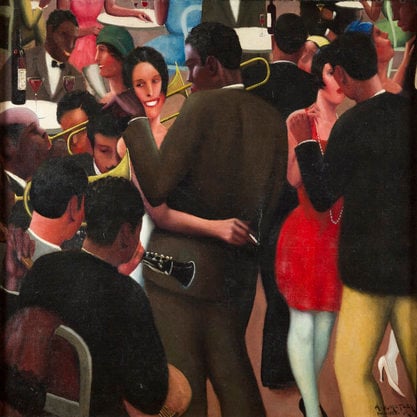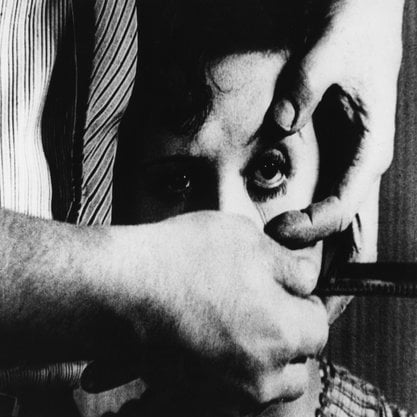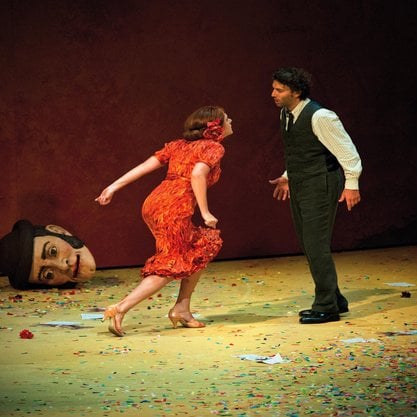Article
Weill, Kurt (1900–1950) By Cahn, Geoffrey S.
Article
Kurt Weill was one of the most inventive and prominent composers for musical theatre during the first half of the twentieth century. He wrote for the German stage during the turbulent years of the Weimar Republic (1919–1933) and for Broadway, after he emigrated to the United States (1935–1950). His stage works written on both sides of the Atlantic display remarkably versatile styles, including classicism and jazz. Best known for his collaborative efforts with dramatist-poet Bertolt Brecht for Die Dreigroschenoper (The Threepenny Opera, 1928) and Aufstieg und Fall der Stadt Mahagonny (Rise and Fall of the City of Mahagonny, 1930), Weill enjoyed additional success with other playwrights and librettists who also conveyed the despair of Germany during the 1920s and early 1930s. A number of successful and innovative Broadway shows added to his reputation as the paramount composer active in modern theatre during the 1940s.




